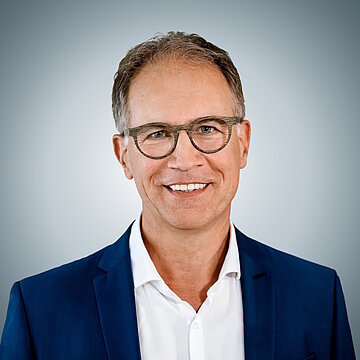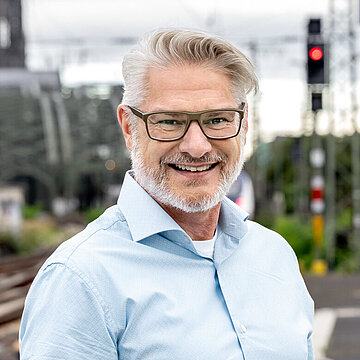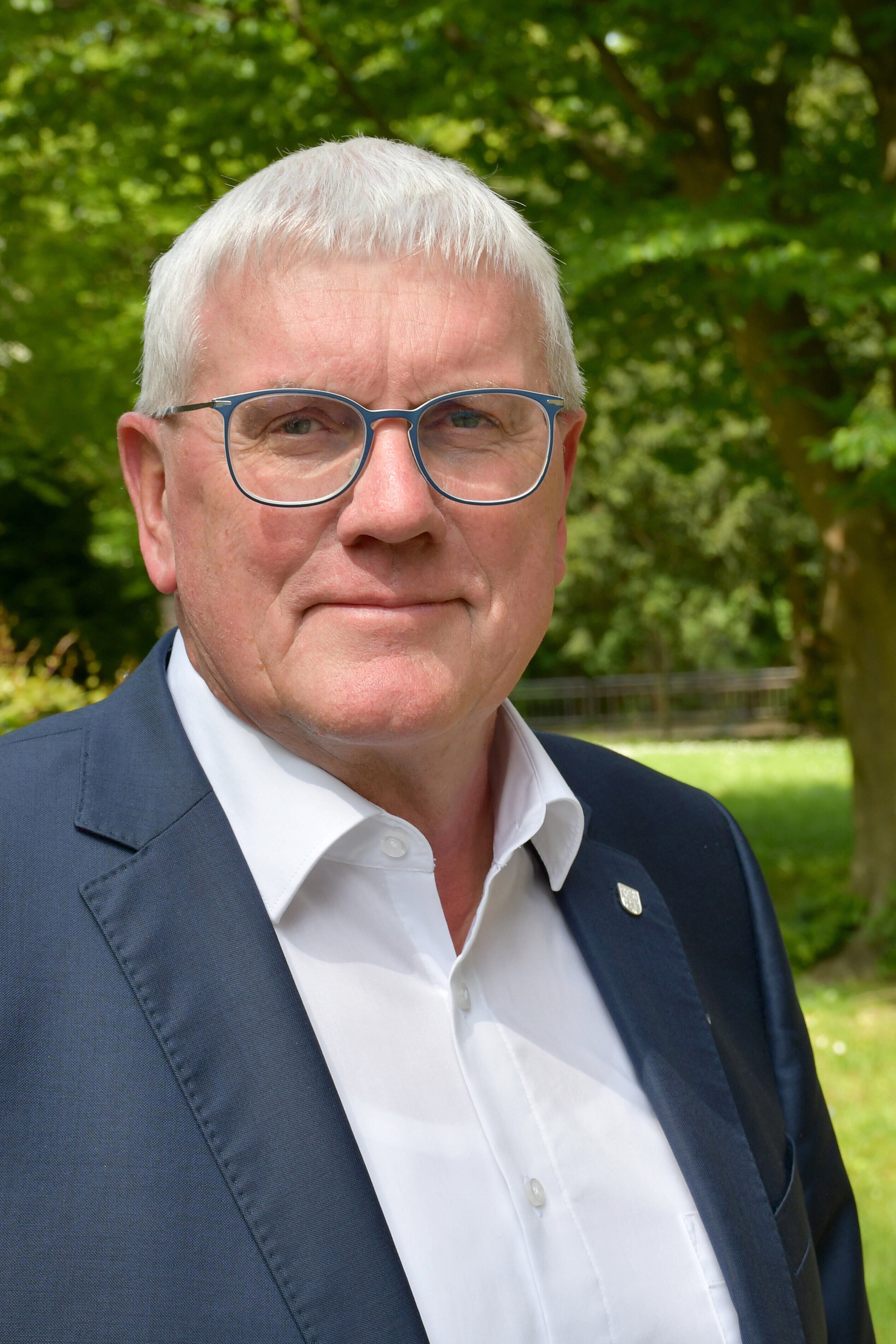Quo vadis, NRW public transport?
State plans structural reform of public authorities

Based on the coalition agreement for the state of North Rhine-Westphalia, the Ministry for the Environment, Nature Conservation and Transport (MUNV) is planning organizational changes to the structure of the regional rail transport authority.
The Ministry is seeking expert advice on this. It is planning to merge the existing regional rail transport authorities of three organizations (go.Rheinland, Nahverkehr Westfalen-Lippe and Verkehrsverbund Rhein-Ruhr) into a central organization under municipal ownership. There are no plans for the state to take on any further responsibilities, but rather for the sole organizational restructuring of municipal ownership. This means that the current distribution of risk will remain in place. The transport associations with their fare sovereignty are indirectly affected by this measure, as the state is planning to abolish the existing special-purpose associations in Westphalia and the Rhineland.

"The ministry's claim in the coalition agreement to strive for a more efficient and uniform organization of regional rail transport is understandable. After all, it must always be possible to review structures in terms of their optimal effectiveness. go.Rheinland is therefore working intensively and constructively on the initiated process towards the best possible organizational form of regional rail passenger transport."

"In our view, the regional passenger transport authority structures in NRW are among the most efficient structures in local public transport. Since the dismantling of the Bundesbahn in 1994/96, these structures have enabled all regional rail transport authorities to provide over 30 percent more rail services with modern, new vehicles for the citizens of this state using the funds available. Nevertheless, we support the efforts to optimize the structures of regional rail transport in NRW."
Among other things, go.Rheinland has commissioned important (legal) expert opinions that are essential for decision-making, as they are intended to help minimize potential financial and municipal law risks, among other things. go.Rheinland expects the exchange between the ministry, public transport authorities and local authority associations to result in the identification and introduction of possible optimization measures that will directly benefit passengers, citizens and the local authorities responsible.
According to the ministry's current plans, the amendment to the NRW Public Transport Act required for the structural reform is to be adopted by politicians after the summer break.
Opportunities
- Possible efficiency gains
- more "market power", for example in the
tendering of transport contracts - Uniform standards throughout the country
Risks
- Greater financial risks for the municipalities
- Curtailment of municipal self-determination and administration
- Reduction in the right to have a say for many municipalities
- Elimination of local contact persons
- Cancellation of services by the new "NRW basic network" instead of expansion of the regional public transport service
- Moving away from a holistic view of the local transport system by transferring tasks to the new company, reducing the obligations of the regional passenger transport authorities to work towards a uniform overall system
- Adjustment of timetables to the detriment of the metropolitan areas in the Rhineland
- Long phase of self-employment during the reorganization phase
- Reduction in competition for SPNV transport contracts

Guest article
The focus must be on the interests of passengers
Guest article by Sebastian Schuster, Chairman of the Rhine-Sieg Transport Association and District Administrator of the Rhine-Sieg district
Local rail passenger transport in NRW should be improved - that's a goal I'll sign up to at any time. Anyone who regularly travels on regional expresses, regional trains and suburban trains will experience first-hand that the quality of service is not satisfactory. I feel this way as a passenger, but also as a district administrator and also as the head of the association.
The SPNV should improve. But is it the right way to achieve this by changing the structure of the public transport authority? To dissolve the trusting cooperation that has grown over the years at municipal level and to cast it in a superordinate form? This is certainly a very debatable issue. And of course it makes sense and is worthwhile to investigate and then implement potential improvements. But then please do so in the interests of passengers. However, they are not being offered an inadequate quality of service due to the existing structures of the public transport authority, but rather due to the many construction sites that are necessary to rehabilitate the rail system, which has been cut to the bone, and due to the shortage of skilled workers.
With regard to the shortage of skilled workers, the public transport authorities are already on the move with a training offensive as part of the Fokus Bahn program. And an "action programme to stabilize personnel and operations" is intended to bring more reliability to the timetable until new skilled workers are trained and ready for deployment. However, the many urgently needed renovations and expansions will only reduce the susceptibility of the entire system to disruption in a few years' time. Raising the urgently needed funds from the state, federal government and EU is one of the many political tasks that I see for our public transport organizations. They are the regionally rooted experts, contacts and caretakers for future-oriented mobility. And that is why they do not look at regional rail transport in isolation, but think holistically and plan the linking of all modes of transport to create sensible travel chains - for the benefit of our passengers.
Sebastian Schuster (CDU) has been District Administrator of the Rhein-Sieg district since 2014. Since 14.11.2014, he has held the office of Chairman of the Zweckverband Verkehrsverbund Rhein-Sieg and is also Deputy Chairman of the Zweckverband go.Rheinland. He is also a board member of the Landkreistag NRW. Sebastian Schuster lives with his wife in Königswinter.
In addition to the points listed above, I personally, but also my colleagues in the local authorities and at the local authority umbrella organizations are concerned about another fundamental issue in relation to the proposed structural debate: finances. It cannot and must not be the case that the local authorities possibly take on greater financial risks than before, while at the same time losing influence. This is because, depending on what form the new central organization - working title Schiene.NRW - is to take, the municipalities are threatened with very considerable financial risks due to the change in responsibilities for transport contracts in connection with the contracts for the acquisition of urgently needed new vehicles.
Less influence, more risk - a bad deal. Especially in light of the fact that not all local authorities are financially well-off. For many treasurers, it could soon be a question of weighing up whether to continue offering attractive public transport, build a daycare center or renovate a swimming pool.
So far, there have been no satisfactory answers to such important questions. I personally and my colleagues are willing to engage in dialog and are interested in improving local transport in the Rhineland and making it fit for the future. We expect to be able to help shape the process for the structural reform of regional rail transport on an equal footing. Paying for the effects of a structural reform at our expense and ignoring municipal interests in the reorganization is not an option. We expect all the necessary questions to be answered when the structural reform enters the legislative process and the elected representatives to receive a reliable, balanced and comprehensive basis for decision-making. I expect the political decision-makers in the state parliament to take a close look at the plans in the interests of public services and only agree to a reorganization that has one thing and nothing else in mind: the passengers.